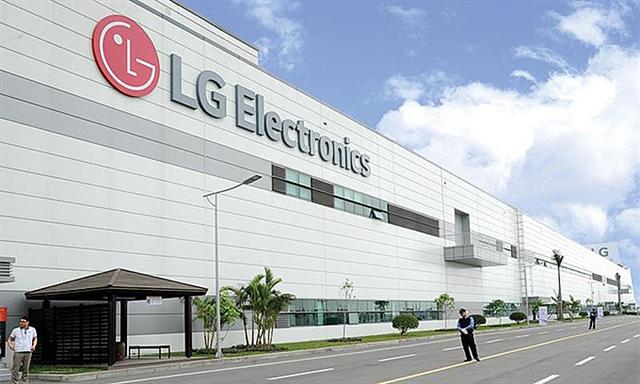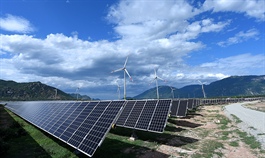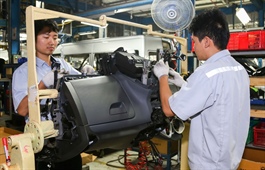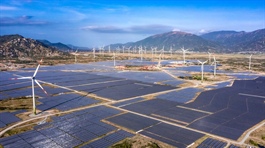LG to use smartphone production line for home appliances
LG to use smartphone production line for home appliances
South Korean tech giant LG Electronics plans to use its smartphone production line in Hai Phong to make home appliances instead.
The LG Electronics factory in Trang Due Industrial Park in Hai Phong City, northern Vietnam. Photo courtesy of LG Vietnam.
|
The company has taken this decision after deciding to withdraw from the smartphone market and failing to find buyers for its production line in the northern port city.
The Yonhap news agency reported Tuesday that the company will complete the transformation within this year and reallocate affected workers. The factory employs more than 16,000 workers at present.
"Exiting smartphone production there is part of LG's plan to restructure our core product portfolio," said Jung Hai-jin, president of LG Electronics in Vietnam.
He also affirmed that the shutdown of LG's smartphone business will not significantly impact LG's production, business activities or employees in Hai Phong.
LG launched the production line in Hai Phong, around two hours east of Hanoi, in 2015. The plant has been producing home appliances, smartphones and in-vehicle infotainment components.
Earlier, a Business Korea report had said that the tech giant has decided to terminate its loss-making mobile phone production and sales business, but not been able to find buyers for its largest smartphone factory in Hai Phong.
The report mentioned that Vietnamese smartphone makers already have their own facilities and local firms can’t afford to pay the large sum it would take to buy LG’s factory.
However, at a meeting with the Foreign Investment Agency under the Ministry of Investment and Planning last week, LG leaders said the smartphone factory in Hai Phong was still operating normally. It is also building a new 4-hectare factory to produce refrigerators there, it said.
LG’s smartphone division has posted losses of around $4.5 billion over the last five years, according to Reuters. The group has said that dropping out of the fiercely competitive smartphone business would allow it to focus on growth areas such as electric vehicle components and connecting devices.




























